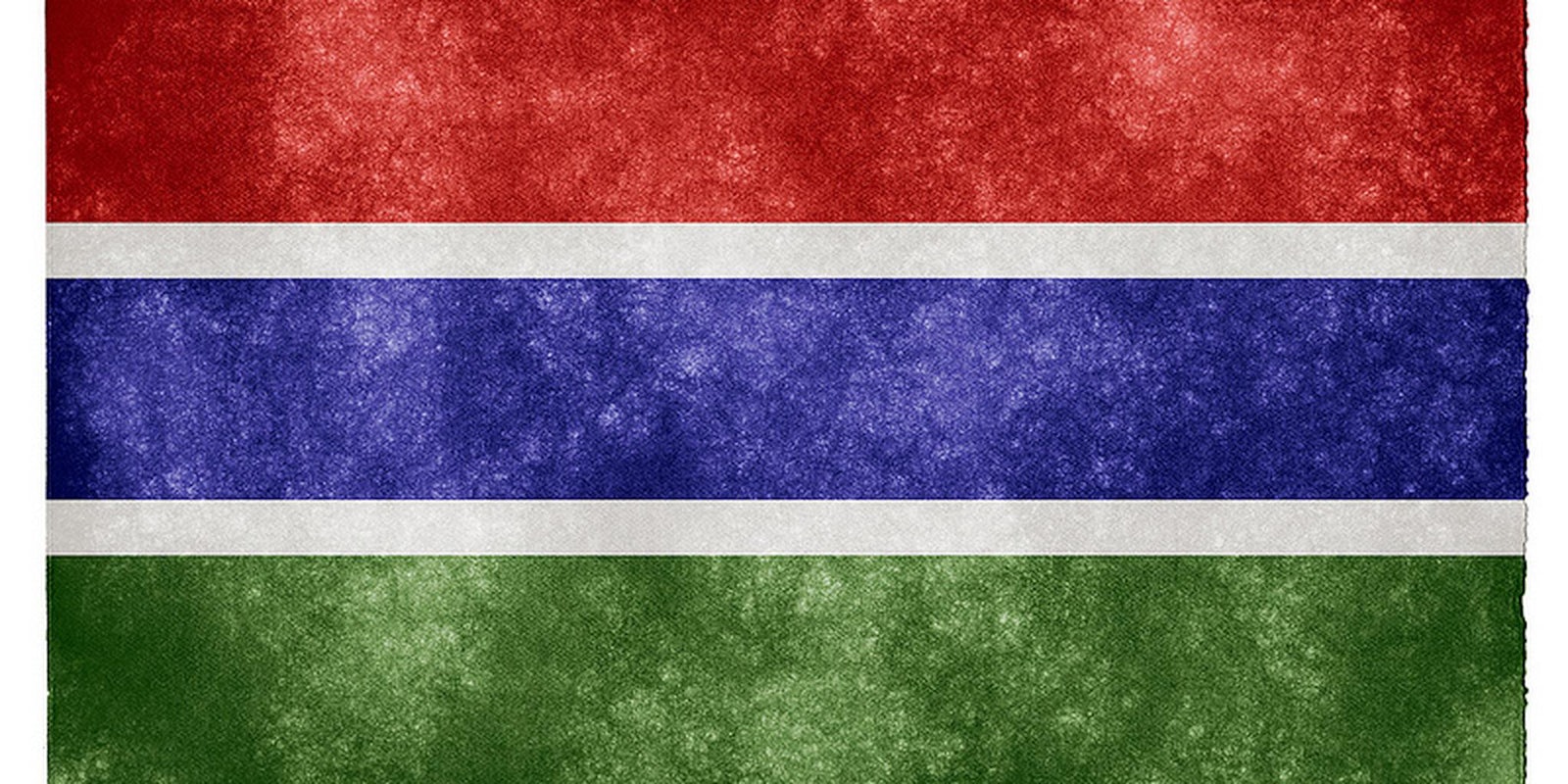A Gambian activist was found guilty of broadcasting without a license for using Skype on an iPod to allow expatriated Gambians to listen to a political rally in December 2013.
The rally, which was organized by three major opposition political parties and described by protesters as a “battle for freedom,” was estimated to have attracted “thousands” of attendees.
After an arrest ordered by the president of Gambia and a trial that ended earlier this month, Lasana Jobarteh was fined 50,000 dalasi ($1,262 U.S.) at the Bundung Magistrates Court, Gambian newspaper the Standard reported. He faced up to 15 years in prison.
Ousainou Darboe, leader of the United Democratic Party (UDP) and Jobarteh’s lawyer, reportedly produced five 100 dalasi notes and handed them to the clerk to help pay off a portion of the fine, with the UDP covering the rest.
The UDP, a socialist party who solicited funds from its members around the world, announced it would appeal the decision.
“I never had the slightest imagination or thinking that this case would end up in the conviction of Lasana Jobarteh,” Darboe told the Standard. “For me, it defies reason, it defies logic and it defies legal principles, how anyone can be charged and convicted of broadcasting when you do not operate any of the broadcasting medium – television or radio.”
Jobarteh was alternatively called an activist, patriot, and militant in the Gambian press, depending on the newspaper or blog reporting.
During the trial, the prosecution pointed to Jobarteh’s interviews with Internet publications like Freedom Radio Online and Kibaroo News Online, both of which are based outside of Gambia.
The political rally that Jobarteh allegedly “broadcast” to the world included the People’s Progressive Party, which was elected to power before a 1994 military coup that ushered in 20 years of Yahya Jammeh, an army officer at the time.
The past two decades of Jammeh’s rule have been marked by widespread human rights violations, Amnesty International recently said in a report. Jammeh’s “rule of fear” includes significant repression of the press.
In 2013, Jammeh’s government passed a law against “spreading false news” that threatened journalists with 15 years in prison and finds of $75,000. That law—the Information and Communication Act (ICA), which in writing is directed at TV and radio broadcasts but in practice can be directed at any information including the Internet—was exactly the legislation used to convict Jobarteh of using Skype without government permission.
The ICA was used to arrest other political opposition after the December 2013 rally and has a history of being used as a weapon for political action.
Jammeh has previously ordered journalists to obey his government or “go to hell,” Reporters Without Borders wrote. He’s previously claimed that he allows “too much freedom of expression” in his country.
“It is the most ill-considered judgment,” Darboe argued. “It defies reason, it defies logic and defies all legal principles. However, it is the beauty of the legal system that we inherited from the colonialists – that if you are not satisfied with a judgment of a court, you have avenues to appeal against it.”
Photo via Nicolas Raymond (CC BY 2.0)
